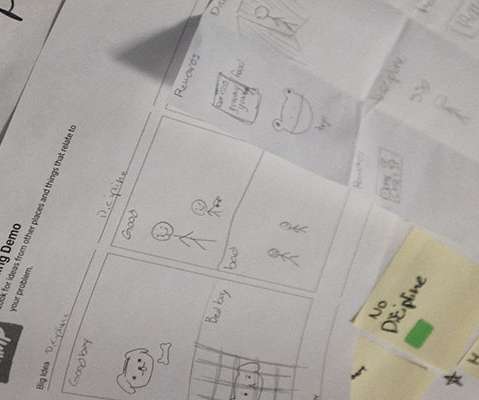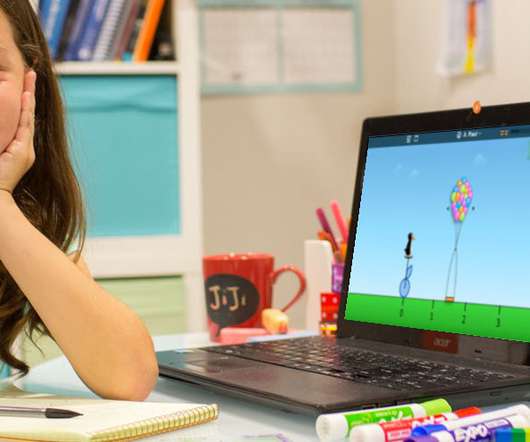Exploring Design Thinking Micro-credentials in the Classroom
Digital Promise
MAY 4, 2021
2003), and technology (Kafai & Resnick, 2002; Todd, 1999) suggest that design thinking skills are not merely extras, but can in fact aid students in core subject areas as well as building cognitive and social skills (Carroll et al., Work in mathematics (Goldman et al., 1998), science (Kolodner et al.,











































Let's personalize your content